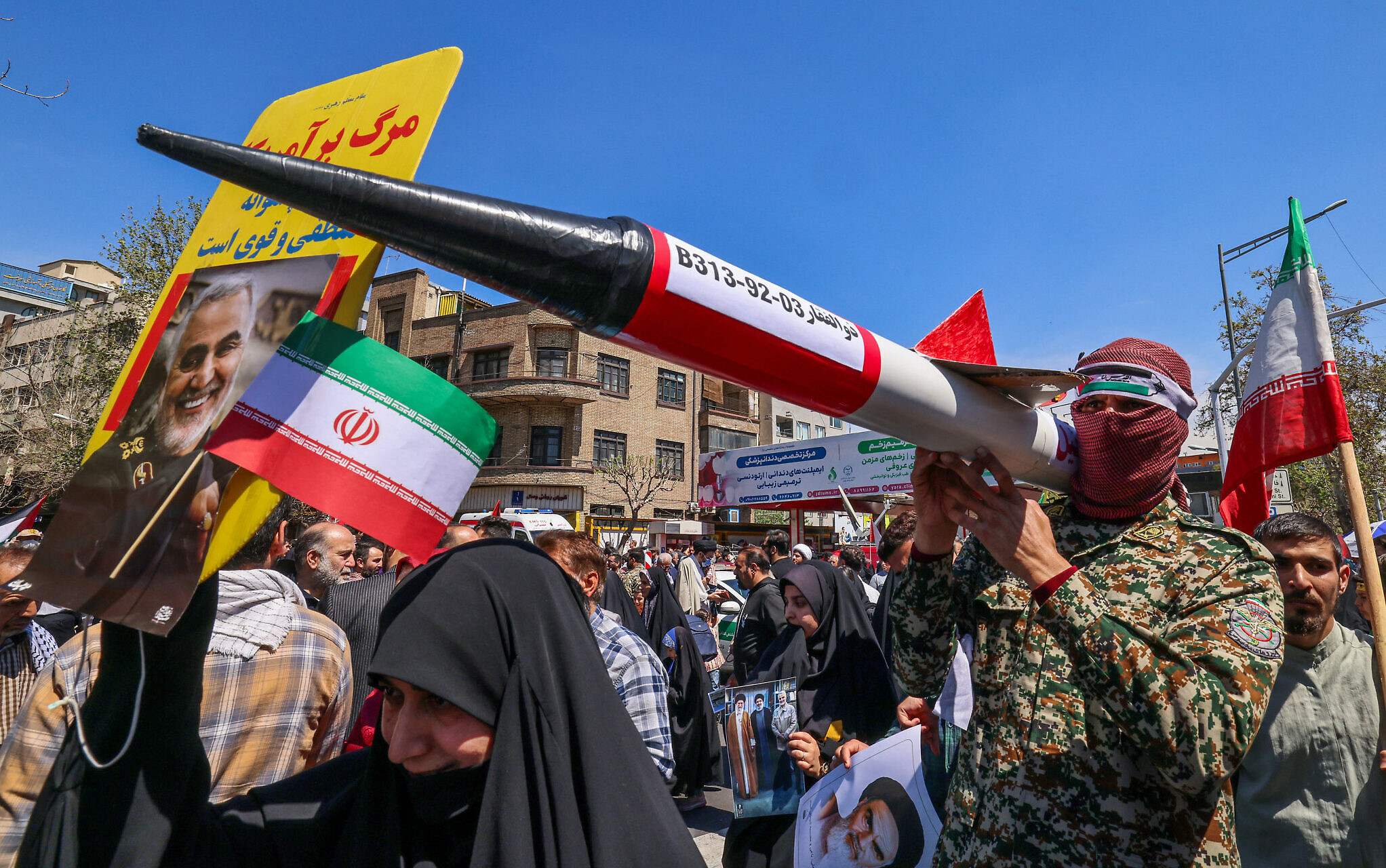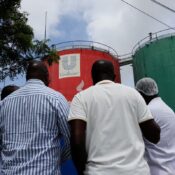
Sources claim that Iran and its proxies will get together to talk about taking revenge on Israel
Following the assassination of the Hamas leader in Tehran, senior Iranian officials are scheduled to meet with leaders of Iran’s regional allies from Lebanon, Iraq, and Yemen on Thursday to discuss possible reprisal against Israel, five sources told Reuters.
Following the assassination of Ismail Haniyeh in Tehran on Wednesday and the death of Hezbollah’s senior commander in an Israeli strike on Tuesday on the outskirts of Beirut, the capital of Lebanon, the area faces the prospect of a widening conflict between Israel, Iran, and its proxies.
The sources, who asked not to be identified because of the sensitive nature of the matter, stated that representatives of Iran’s Palestinian allies Hamas and the Islamic Jihad, as well as those from Yemen’s Houthi movement, Lebanon’s Hezbollah, and Iraqi opposition groups, will be present at the Tehran meeting.
According to a senior Iranian official with intimate knowledge of the conference, “Iran and the resistance members will conduct a thorough assessment after the meeting in Tehran to find the best and most effective way to retaliate against the Zionist regime (Israel).”
Senior members of Iran’s elite Revolutionary Guards and Supreme Leader Ayatollah Ali Khamenei are expected to attend, according to another Iranian official.
“We are presently reviewing the response that Iran and the resistance front will provide. Iran’s chief of staff for the armed forces, General Mohammad Baqeri, said on state TV on Thursday that “this will definitely happen, and the Zionist regime (Israel) will undoubtedly regret it.”
Hours after Haniyeh had attended the inauguration of Iran’s new president in Tehran on Wednesday, Iran and Hamas have accused Israel of orchestrating the strike that killed him.
However, Israeli leaders have not taken accountability for the attack, which sparked vows of retaliation against Israel and increased worries that the Israel-Hamas confrontation in Gaza was evolving into a full-scale Middle East war.
Speaking late on Wednesday at a military graduation ceremony in Israel, Israeli Air Force Chief Tomer Bar issued a warning: Israel will take action against anyone attempting to harm its citizens.
“Our defense is likewise well-prepared. With the best systems, hundreds of soldiers in aerial defense and air control are stationed across the nation, prepared to carry out their task, according to Bar.
Tuesday’s inaugural ceremony for Iran’s new president was attended by Haniyeh, Ziad al-Nakhala, the commander of the Islamic Jihad, and prominent figures from Lebanon’s Hezbollah and Yemen’s Houthi movement, both of which are supported by Tehran.
According to people familiar with Hezbollah’s thinking, congressman Hassan Fadlallah and deputy leader Naim Qassim traveled to Iran for the inauguration and stayed for the burial and meeting.
‘SIGNIFICANT IMPLICATIONS’
In a statement, the armed wing of Hamas said that Haniyeh’s death would “take the battle to new dimensions and have major repercussions”. Iran vowed to strike back, accusing the United States of being at fault for its backing of Israel.
“Iraqi militia local commanders said that Iran has requested that important leaders of the resistance groups in Iraq fly to Tehran on Wednesday to attend a critical meeting to discuss retaliation against recent Israeli strikes, including in Lebanon and Iran, as well as the U.S. strike in Iraq.”
According to a second militia source, the resistance group leaders departed to attend Haniyeh’s burial and a “top urgent meeting” to determine how best to take revenge on the US and Israel.
On Thursday, the day following Haniyeh’s assassination, Iranians flocked to express their grief.
According to Ali Akbar Ahmadian, the secretary of Iran’s Supreme National Security Council, “all fronts of the resistance will take revenge for Haniyeh’s blood,” Mehr news agency in Iran said.
The Palestinian organization Hamas, who started the conflict in Gaza by assaulting Israel on October 7, along with Hezbollah in Lebanon, the Houthis in Yemen, and many Shi’ite military groups in Iraq and Syria, comprise the Axis of Resistance, which is supported by Iran.
In what Tehran said was reprisal for Israel’s alleged deadly strike on its embassy compound in Damascus on April 1, Iran launched a flurry of missiles and drones against Israel on April 13. However, nearly all of them were shot down.
According to former top Revolutionary Guards Commander Esmail Kosari, “Iran’s response to the assassination of Martyr Haniyeh will be stronger than before,” as said on state television.
All Categories
Recent Posts
Tags
+13162306000
zoneyetu@yahoo.com


